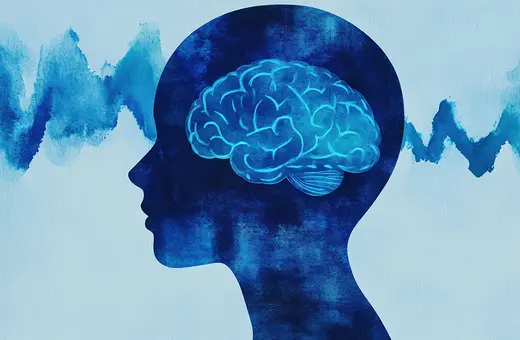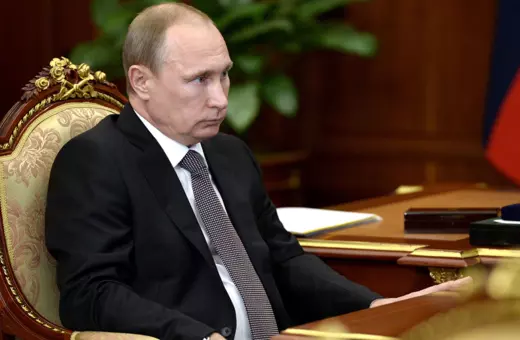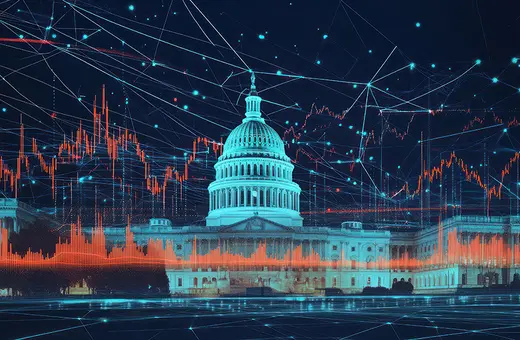Politics in the West is fundamentally changing. The likes of Donald Trump, Marine Le Pen and Germany’s AfD are often seen as a rising ‘Far Right’. This is wrong, argues Jean-Paul Faguet, because it implies that these politicians exist on the same Left-Right axis that has long defined Western politics. That axis is increasingly irrelevant. The traditional working class is disappearing: most people, from office workers to Uber drivers, self-identify more as individualistic entrepreneurs than part of a working-class. The real political struggle – in which Trump and co. are already engaged – is to define a new axis of political competition, which reflects society’s real dividing lines.
As the circus of the American election ground to its finale, many may have wondered if this is the future of politics throughout the West. Does the rise of Germany’s AfD, Geert Wilders in Holland, France’s Marine Le Pen, and others herald the end of politics as we thought we knew it? Was the Brexit referendum a fever dream, or does it mark a permanent shift in politics in the UK? We tend to ask such questions in national terms, or, less often, at the level of Europe. Much of the commentary is descriptive: Look at these people! They’re so different from what we’re used to! But what’s going on is far bigger and far more important – a seismic shift in how societies organise their political competition, and something that’s happening in many countries around the world. The old politics of Left-versus-Right is being replaced by something new.
___
People who work – the large majority – no longer think of themselves as ‘workers’ with a common culture and common interests. We are all free agents now
___
Let us begin with an extreme example of this phenomenon from the developing world, from my own research. Here the shift happened sooner and its effects were bigger than in Europe or North America – so far, at least. This allowed a new equilibrium to emerge faster, which we can study. That country is Bolivia.
Bolivia? I can hear readers’ disbelief. That poor South American country up in the mountains? The coup d’état champion of the world? Yes, Bolivia. It has suffered many of the same economic shocks, technological disruptions, and social and environmental changes as far more developed countries. But Bolivia’s democracy was never as institutionalized as those of richer, more developed countries, and so the disintegration of its political system began earlier, and proceeded faster, than elsewhere. Adjusting heavily for context, Bolivia is a canary in the coalmine, offering useful insights into how political disintegration works, and clues about where it may be going in Europe and North America.
Political collapse in Bolivia
Bolivia is famous for high levels of political instability since independence two centuries ago. What is far less well-known is that in modern times its political party system was remarkably robust. Through multiple coups, stratospheric inflation, guerrilla insurgencies, and numerous international price shocks, Bolivia’s political party system endured. Every time the generals retreated to their barracks, it was not just the same parties but often the same leaders who returned the country to democracy. The table below shows the presidents and parties of successive elected governments between 1952–2002.
Elected Presidents of Bolivia






















Join the conversation